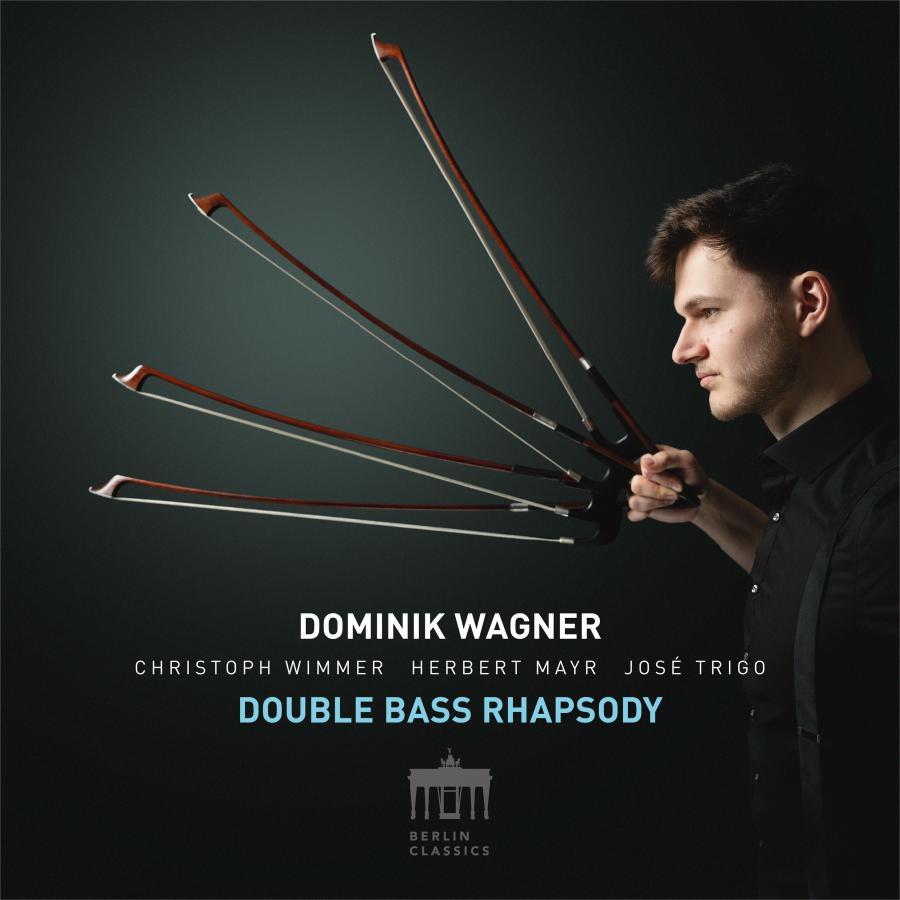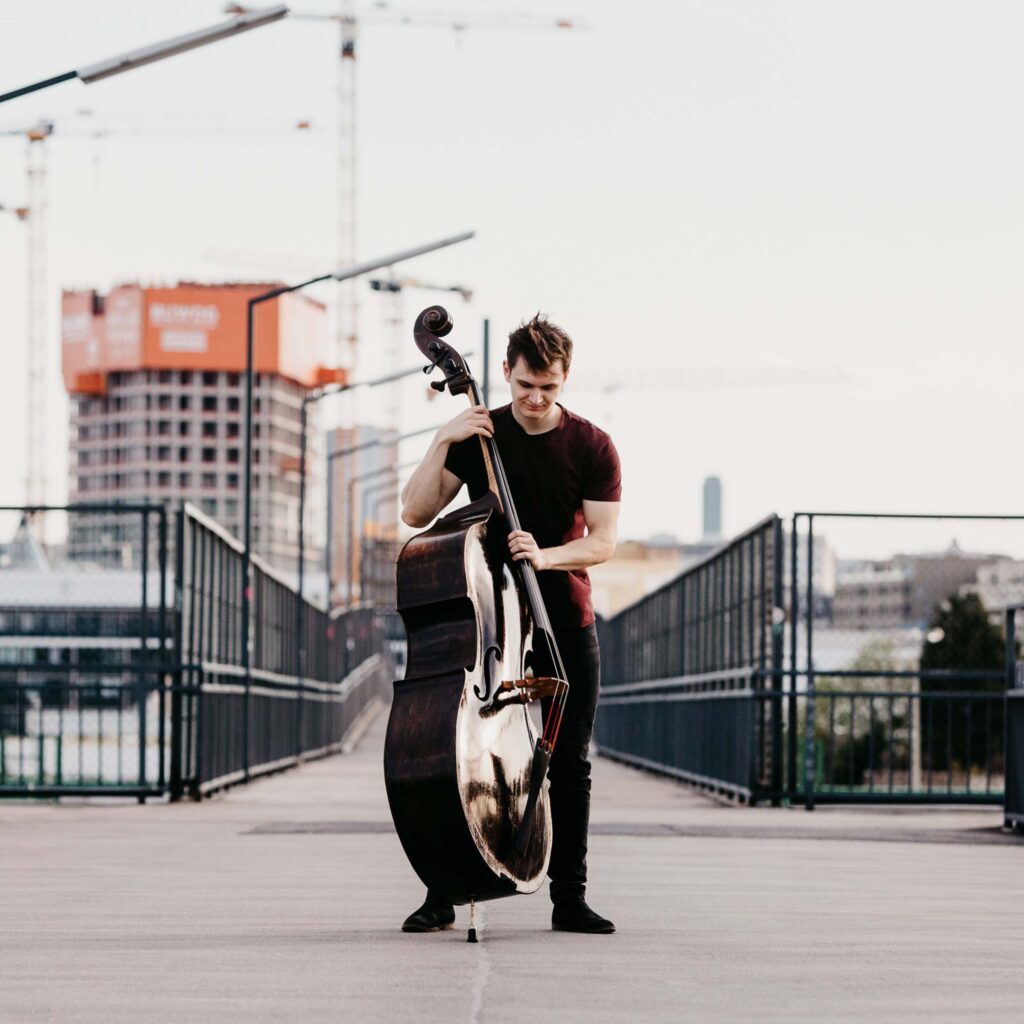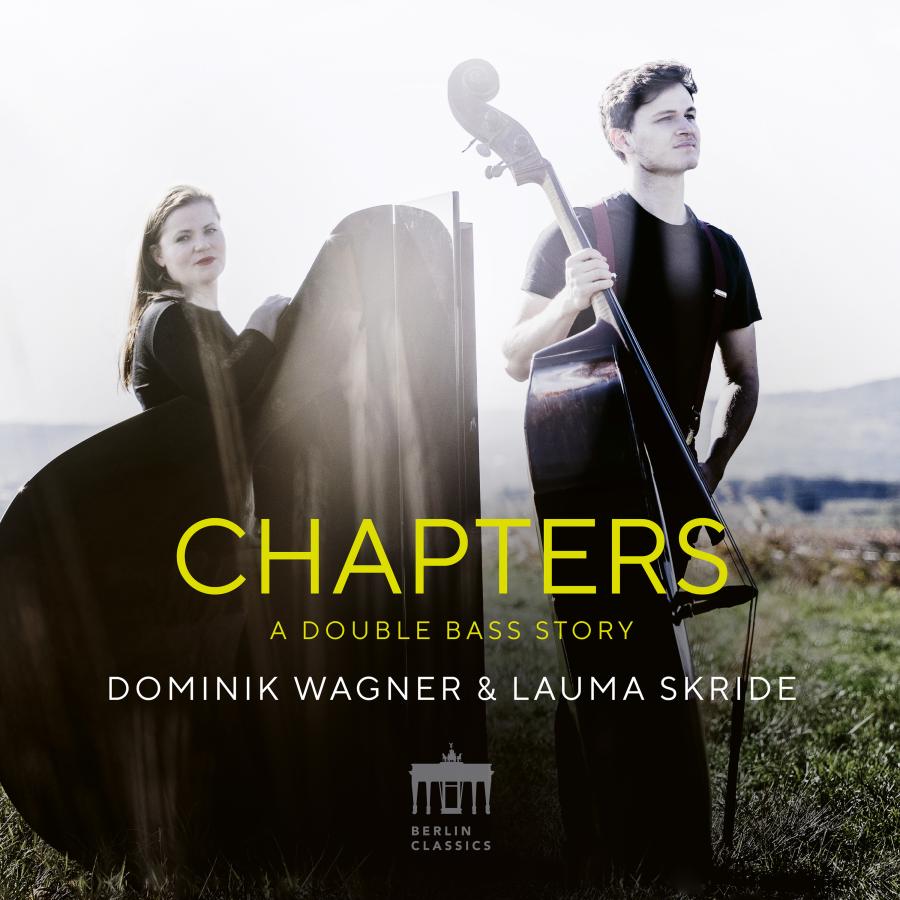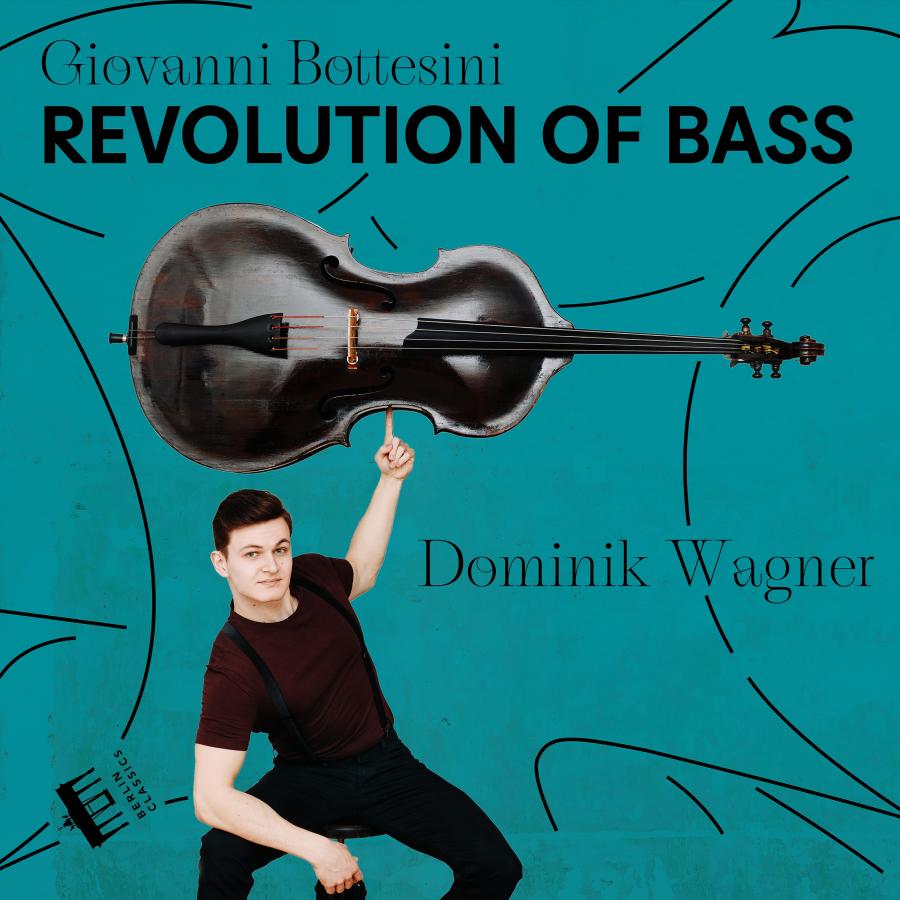This album hums and growls, it whispers very delicately and causes a pleasant feeling again and again. It is the warm, deep and full tone of the double bass that has taken hold of the young Viennese soloist Dominik Wagner. This is already the fourth album he is releasing on the label Berlin Classics. As on the three previous albums, he has placed the double bass at the center, and yet everything is different on the new album “Double Bass Rhapsody”. Here, the double bass is heard exclusively as a solo instrument, in a quartet and even in a sextet. For this, Dominik Wagner has enlisted the best colleagues he can imagine: Christoph Wimmer and Herbert Mayr, both principal double bassists of the Vienna Philharmonic, who share with him an authentic connection to the Viennese style. And José Trigo, deputy principal double bass of the BR Symphony Orchestra, who, like Dominik Wagner, also studied with Professor Dorin Marc. “In order to bring out the special features of the double bass, there is no need for any other instrument” explains Dominik Wagner.
Of course, in order to realize this vision, a special repertoire is needed, since there is no significant number of works exclusively written for the double bass. Dominik Wagner knew that he would have to invest a lot of time and care in selecting and arranging the works in order to bring out the fascinating sound world of the double bass on his new album.
The album begins with an original choral work to which Dominik Wagner feels a close affinity due to his time with the Vienna Boys’ Choir: the touching “Abendlied”, No. 3 from the Three Spiritual Songs by Josef Gabriel Rheinberger, arranged for double bass sextet, is heard. Two works by Anton Bruckner follow, “Locus iste” and “Christus factus est”, both cleverly arranged for double bass quartet by Dominik Wagner. In his arrangements he masterfully understands how to show the lyrical strength of the double bass, which one would not expect at first from such a large instrument.
Dominik Wagner describes the work on the arrangement of Johann Sebastian Bach’s “Chaconne” from the Partita for Violin Solo No. 2, for double bass solo as the most challenging project of his musical career to date. A full six years before the recordings for this album, he began the first attempts to transcribe this important work for violin to double bass. Several revisions were necessary to finally find the version that could match his ambitions.
“Symphony No. 9” and Samuel Barber’s “Adagio for Strings”, originally from the String Quartet in B minor Op.11. Here, too, Dominik Wagner produces successful arrangements for double bass quartet and provides us with a new way of hearing these works.
Another well-known work is the “Cello Suite No.1” by Johann Sebastian Bach, whose spell Dominik Wagner could not escape any more than the appeal of the soft double bass sound. As a child he learned to play the cello, but at the age of 10 he changed his instrument. In the booklet Dominik Wagner explains: “Even though you might be able to play a little more virtuously and brilliantly on the cello, there is one thing that makes the bass unique: the density and depth of the sound that envelops you like a cloud and whose warmth and sonorous richness you can’t easily escape.”
With Queen’s “Bohemian Rhapsody” in an arrangement by Dominik Wagner and Europe’s “The Final Countdown” in a creative arrangement by Johan Strindberg, with interjections from Koussevitzky’s Double Bass Concerto and quotes from Bach’s Toccata, this versatile album ends. For Dominik Wagner, these highlights of pop music have as much musical relevance as the preceding masterpieces of classical music. For him, the core of music is that it reaches and moves people emotionally.
With “Double Bass Rhapsody” Dominik Wagner gives us a wide variety of perspectives on his instrument and its surprising sonorous richness.






















